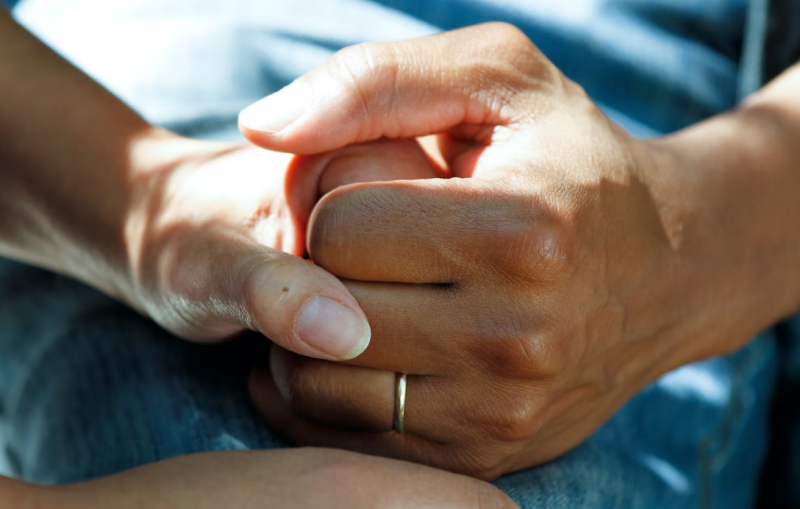UF researchers evaluate how to improve dignity for seriously ill patients
UF researchers evaluate how to improve dignity for seriously ill patients
UF Health
Diana Tonnessen
Hearing that you have a life-threatening illness can be physically and emotionally challenging. And while great strides have been made in helping people with a terminal illness manage their physical symptoms toward the end of their lives, helping them cope with the accompanying emotional distress is another story.
“There is a real need for therapeutic interventions that improve the ability of people to cope with these end-of-life emotional and psychological issues,” said Carma Bylund, Ph.D., a behavioral scientist in the University of Florida College of Medicine’s department of health outcomes and biomedical informatics and a member of the UF Health Cancer Center. For the past 20 years, Bylund has studied health care communication among care providers, caregivers and patients in cancer care.
Bylund and Susan Bluck, Ph.D., a lifespan developmental psychologist and gerontologist in the UF College of Liberal Arts and Sciences’ department of psychology, are serving as co-principal investigators of a three-year, $1 million grant from the National Cancer Institute to analyze the effectiveness of one of the few therapeutic interventions available today: Dignity Therapy.
Dignity Therapy was developed in 2002 by Harvey Chochinov, M.D., Ph.D., to help adults with cancer maintain or foster a sense of dignity in the final stage of their lives. The therapeutic intervention helps them complete important psychological tasks such as…


